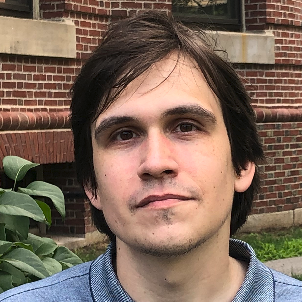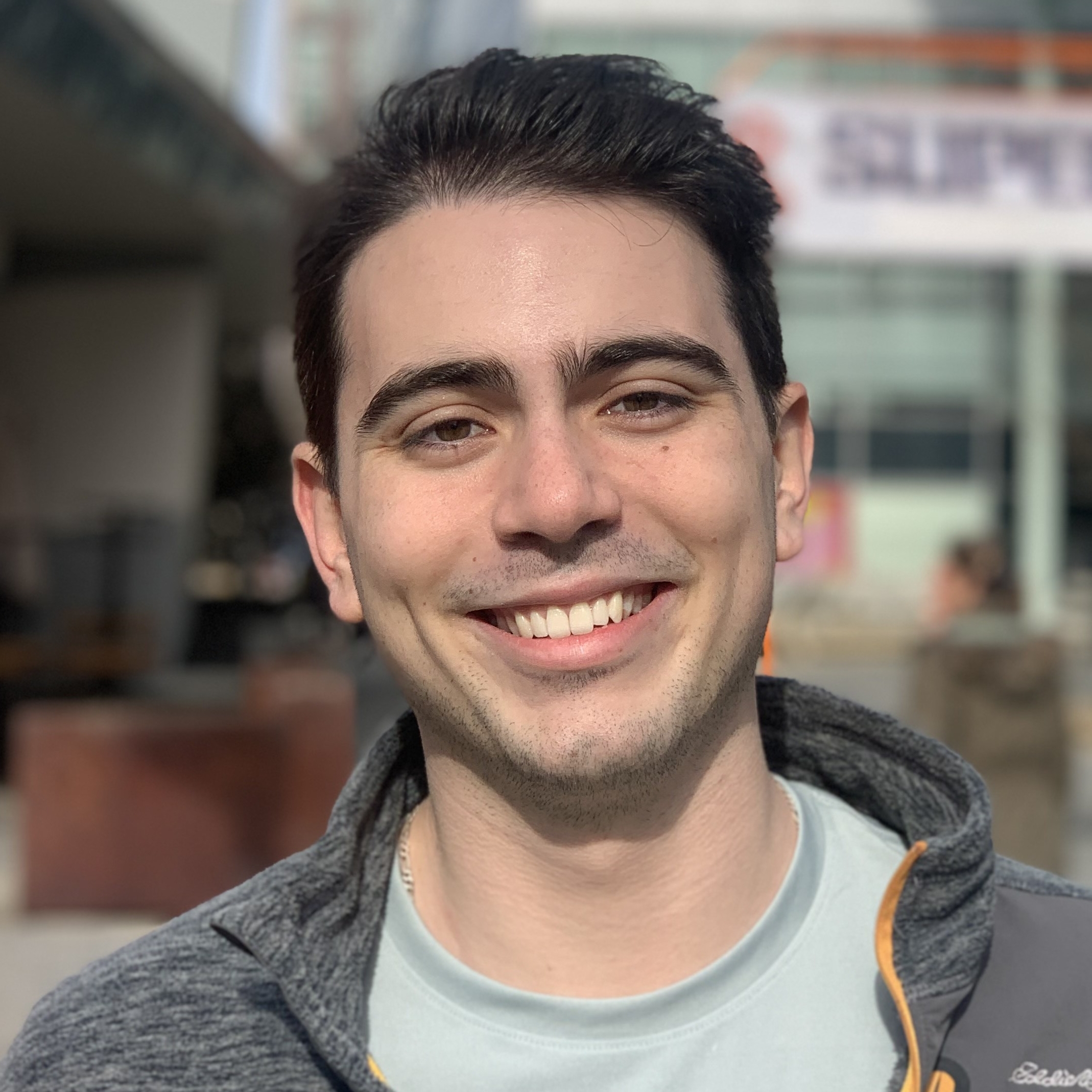
Walter Fontana (PI)

Trained as a chemist, mentored in theoretical molecular biology by Peter Schuster (Vienna), educated in evolutionary biology by Leo Buss (Yale), self-taught in computer science and charmed by the social sciences through John Padgett (Chicago), Walter has straddled many divides and taken risks in pursuing a professional trajectory shaped by the desire for a broadly engaging cross-disciplinary environment more than by career safety. He moved from the Santa Fe Institute to Harvard Medical School in 2004. In seeing the opportunities that quantitative thinking and technology bring to experimental biology, the Fontana Lab pursued a theoretical and an experimental agenda that were deliberately distinct from each other. Having achieved a significant experimental milestone, the lab returned to all-computational and theoretical research in 2017. [Walter's site]
Philipp Honegger (postdoc)

Philipp has a PhD in chemistry from the University of Vienna. He worked both in synthetic organic chemistry and in computational chemistry. In his PhD thesis he applied molecular dynamics techniques to investigate the behavior of biomolecules in reverse micelles. His work predicted effects that were confirmed experimentally. Philipp also resolved a thorny problem related to the long-range nature of the intermolecular Nuclear Overhauser Effect in NMR measurements. During his work in synthetic chemistry, Philipp recognized the need for representing organic reactivity formally and using computational tools in support of reaction inference. He joins us on a prestigious Schrödinger Fellowship from the Austrian Science Foundation to identify and design autocatalytic reaction networks in organic chemistry. [Philipp's site]
Berk A. Alpay (postdoc)

Berk has a PhD in Systems, Synthetic, and Quantitative Biology from Harvard, having first studied computer science and math at the University of Connecticut. During his PhD, he applied statistical modeling to derive fundamental insights into clinical reference distributions, the dynamics of directed evolution, and the effects of mutations on proteins. In our lab he's building software around the Kappa language and using it to simulate the behavior of biological systems at the molecular level. He's interested in building precise, interpretable models of complex systems so our mental models can be formally expressed, directly simulated, and iteratively improved. [Berk's site]
Paul Krogmeier (postdoc)

Paul has a PhD in computer science from the University of Illinois where he developed automata-theoretic algorithmic foundations and decidability results for learning programs, logic formulas, and domain-specific languages, with applications to automated program verification and synthesis of mathematical axiomatizations. This research raised a question about how symbolic languages might emerge as a result of simple computational mechanisms that involve less engineering and design than is typical. As a joint postdoc with Nada Amin, he is developing a new model of computation to explore this question and identify conditions under which phenomena associated with "symbolic abstraction" emerge through computation. By creating a system in which "symbolic languages" emerge without centralized control, Paul is potentially illuminating the emergence of functional organization in chemistry and biology. [Paul's site]